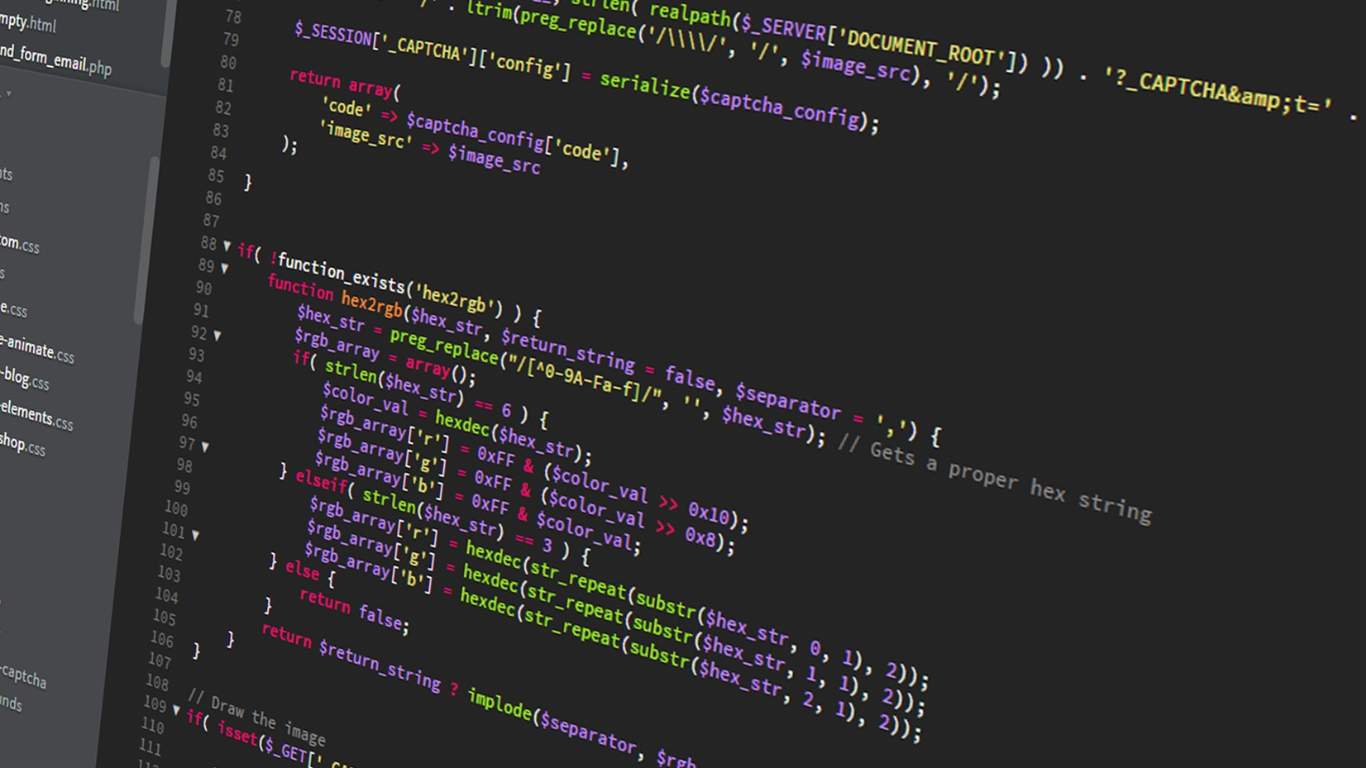Introduction
In the digital era, online coding platforms have revolutionized how developers and programmers work. CodedPad.com is one such platform offering an integrated development environment (IDE) for coding enthusiasts, students, and professionals. However, the market is brimming with competitors that provide similar or even more advanced features. This blog explores the top competitors of CodedPad.com, comparing their features, usability, pricing, and overall effectiveness in serving developers.
1. GitHub Codespaces
Overview:
GitHub Codespaces is a cloud-based development environment that integrates directly with GitHub repositories, offering a seamless coding experience.
Key Features:
- Fully cloud-based IDE with customizable environments
- Pre-installed with popular programming languages and tools
- Integration with VS Code
- Real-time collaboration features
Pros:
- Deep integration with GitHub
- Excellent support for team projects
- Scalable development environments
Cons:
- Requires a GitHub subscription for full features
- Can be complex for beginners
Pricing:
- Free for basic use, premium plans for additional resources
2. Replit
Overview:
Replit is a popular online coding platform known for its user-friendly interface and extensive language support.
Key Features:
- Browser-based IDE with multi-language support
- Real-time collaborative coding
- Built-in version control and hosting
- AI-powered code completion
Pros:
- Ideal for beginners and educators
- Great for quick prototyping
- Offers a strong community support system
Cons:
- Limited free-tier performance
- Not suitable for large-scale enterprise development
Pricing:
- Free for basic features, premium plans start at $7/month
3. JSFiddle
Overview:
JSFiddle is a web-based platform specifically designed for testing and sharing front-end code snippets.
Key Features:
- Supports HTML, CSS, and JavaScript
- Instant preview and sharing options
- Library integration (jQuery, React, Vue, etc.)
Pros:
- Simple and fast for front-end developers
- No sign-up required for basic use
- Ideal for quick testing and debugging
Cons:
- Limited to front-end development
- No support for backend languages
Pricing:
- Free to use
4. CodePen
Overview:
CodePen is a social development environment aimed at front-end designers and developers.
Key Features:
- Live previews of HTML, CSS, and JavaScript
- Community-driven sharing and feedback
- Support for frameworks and preprocessors
Pros:
- Great for UI/UX developers
- Encourages community engagement
- Offers portfolio-building tools
Cons:
- Focused only on front-end development
- Limited backend capabilities
Pricing:
- Free for basic use, Pro plans start at $8/month
5. JSBin
Overview:
JSBin is another online front-end development environment similar to JSFiddle and CodePen.
Key Features:
- Real-time HTML, CSS, and JavaScript editing
- Supports multiple libraries and frameworks
- Easy sharing and debugging tools
Pros:
- Simple and minimalistic interface
- Ideal for quick prototyping
- No sign-up required for basic usage
Cons:
- Lacks backend support
- Not ideal for full-fledged application development
Pricing:
- Free with limited features, premium options available
Conclusion
CodedPad.com is an excellent coding platform, but the competition is fierce. Depending on user needs, alternatives such as GitHub Codespaces, Replit, JSFiddle, CodePen, and JSBin provide robust solutions catering to different aspects of coding. Whether you’re looking for a full-fledged cloud-based IDE or a lightweight front-end testing tool, each competitor has its unique strengths. Choosing the right platform depends on your project requirements, budget, and preference for collaboration and integration.




